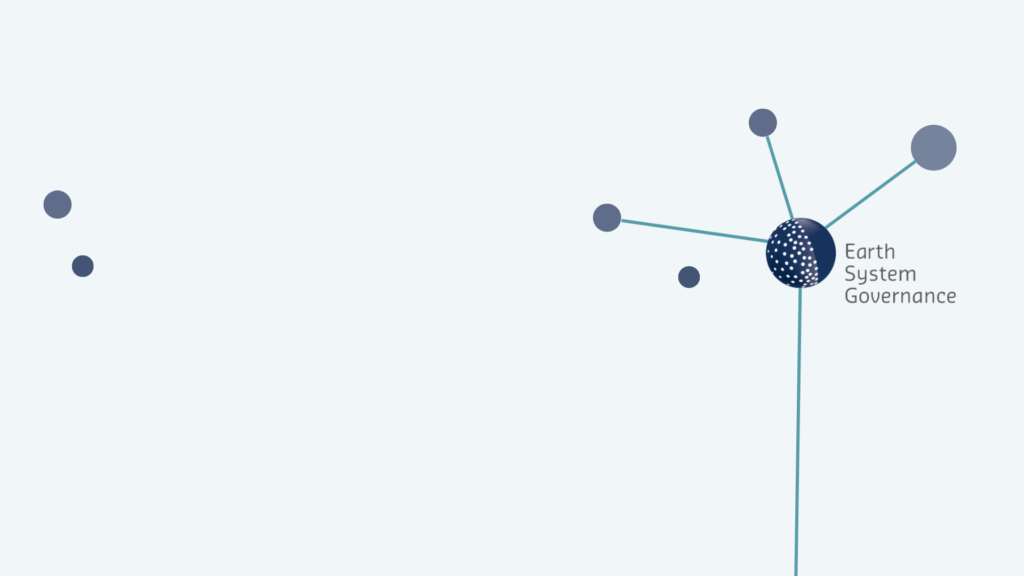Building on the academic writing tips in the previous Early Career Communications newsletters, we asked editors from the Earth System Governance network about things to keep in mind when preparing an article for submission to an academic journal.
Below you can find some tips on how to make the most of your submission.
How to get published?
This post is part of the “How to…” series of articles of the ESG early career newsletter. We’d like to thank Harro van Asselt from RECIEL, Sikina Jinnah from Environmental Politics, and Matt Hoffman from Global Environmental Politics for providing their valuable insights on this.
Here are their tips on how to make the most of your submission:
Highlight your contribution. A key point to make – in the abstract, introduction, and conclusion – is: what does this article actually contribute to existing literature? Make sure the abstract is crisp and clearly articulates the paper’s core argument and contribution. Also, use clear titles that communicate the main topic of the article – don’t try to get too cute. If the option is provided, write a cover letter that clearly communicates the main argument and contribution of the piece.
Write in style. While the substance of your article will of course matter most, don’t forget about the formal stuff. Your editor, as well as your reviewers, will be more positively inclined towards your paper if you follow the style guidelines closely and if your language is polished. Sloppy submissions promise lots of editorial work for editors.
Some general tips:
- Read the journal’s author guidelines, as well as 1-2 articles to look for style, and try to emulate that.
- Stick to the word count (or, in case of doubt, ask the editor if a slightly longer article is possible).
- Take care of references and formatting.
- Ensure the English spelling, grammar, etc. have been carefully checked (ask for native proofreader if needed).
- Follow the online submission system where there is one.
Know your audience. Be cognizant of the scope of the journal that you are considering submitting to — look at what they have published and see if the kind of questions you are investigating resonate with what has been published in the journal before. Cite relevant articles published in the journal you’re submitting to to demonstrate you’re part of a broader conversation that is already ongoing in the journal. Also, be sure to cite people who would be good reviewers for your piece.
Stick to the 80-20 rule. 80% of the work is done in 20% percent of the time, while the remaining 20% can take forever. Know how to navigate this. Don’t wait too long to submit an article, but also don’t submit articles that aren’t ready.
- Almost no article is accepted on first submission. This means that trying to make an article perfect before submitting it is not time well spent.
- However, sending in half-baked or less than coherent manuscripts is not useful either. They’re likely to get desk rejected and this way you will not get the kind of feedback that can help you move the manuscript forward.
Write with respect. Start the paper by citing your “friends,” not your enemies. In an endeavor that builds on the efforts of others, beginning an article by bashing someone else does not make a good impression. Also, when you’re revising your paper, always address every comment from the reviewers. This shows to the editor and the reviewers that you have taken the reviewers’ comments seriously – but of course it doesn’t mean you have to follow every single comment. In any case, always assume your paper will be sent back to the original reviewers, even if this may not be the case in practice. When there are conflicting reviews, ask colleagues or the editor for guidance.


